Innovation in battery technology is rapidly transforming the transportation industry, making electric vehicles more efficient, affordable, and accessible. From extending driving ranges to reducing charging times, these advancements are crucial in paving the way for a cleaner and more sustainable future. As battery technology continues to evolve, it’s driving significant changes in how we move, shaping the future of transportation.
Contents
Increased Energy Density
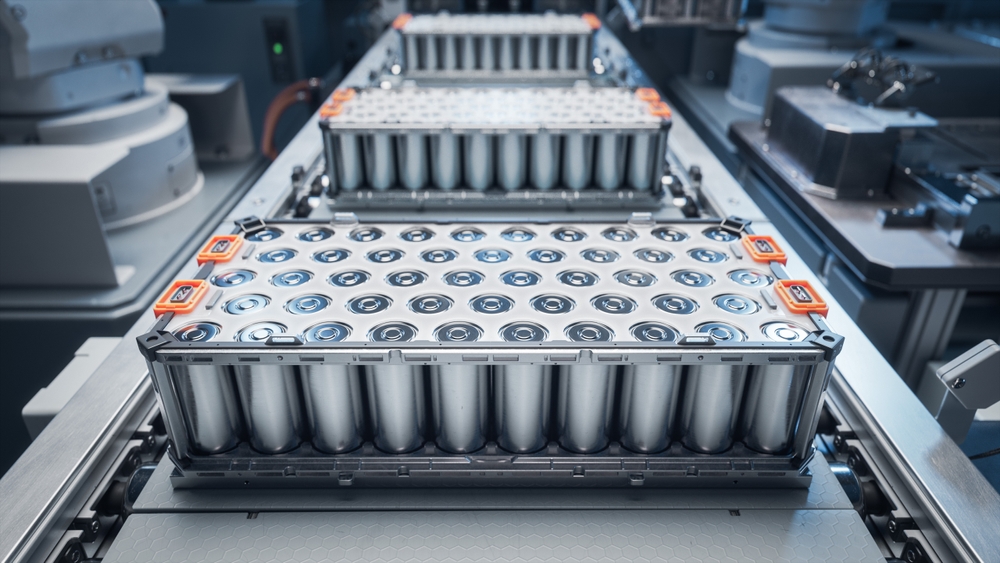
Innovations in battery technology are greatly enhancing energy density, allowing vehicles to travel farther on a single charge. This advancement directly addresses range anxiety, a major concern among potential EV buyers. With higher energy densities, manufacturers can design smaller and lighter batteries, improving overall vehicle efficiency. The ongoing development of solid-state batteries, known for their superior energy density, is expected to further revolutionize the electric vehicle industry.
Faster Charging Times

The reduction of charging times is a game-changer for the adoption of electric vehicles. Through advances in battery chemistry and charging infrastructure, EVs can now recharge in significantly less time. Technologies such as ultra-fast charging and improved thermal management systems are making it possible to charge batteries in minutes rather than hours.
Improved Battery Lifespan
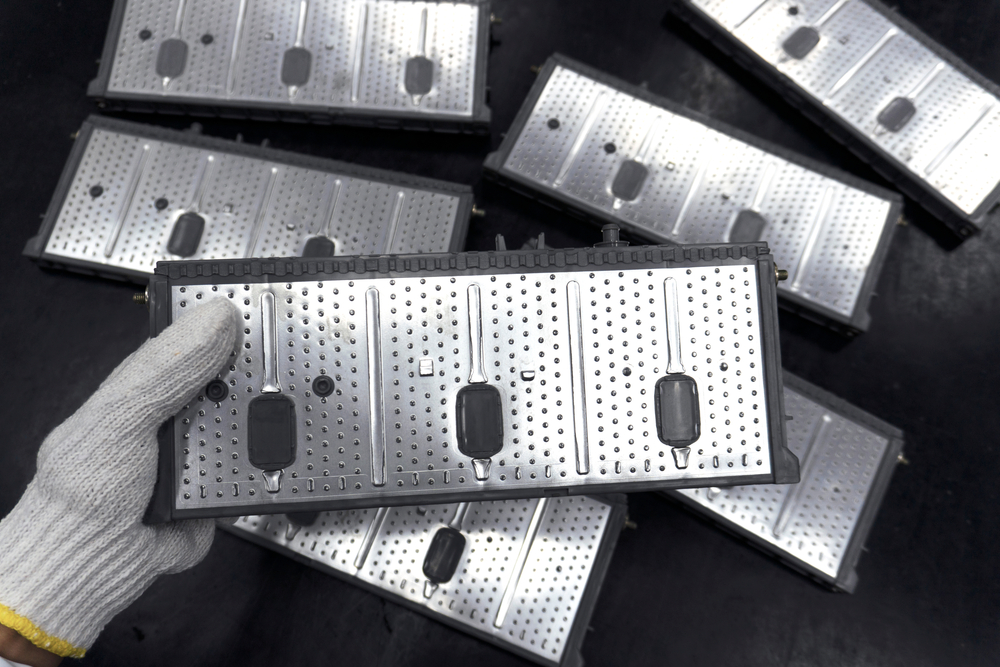
Enhancing the lifespan of batteries is a critical factor in making electric vehicles more economical and sustainable. Innovations like advanced battery management systems and the use of more durable materials are extending the life of EV batteries. As a result, the need for frequent replacements is minimized, reducing the total cost of ownership. Longer-lasting batteries also make used EVs more attractive, bolstering the secondary market.
Enhanced Safety Features
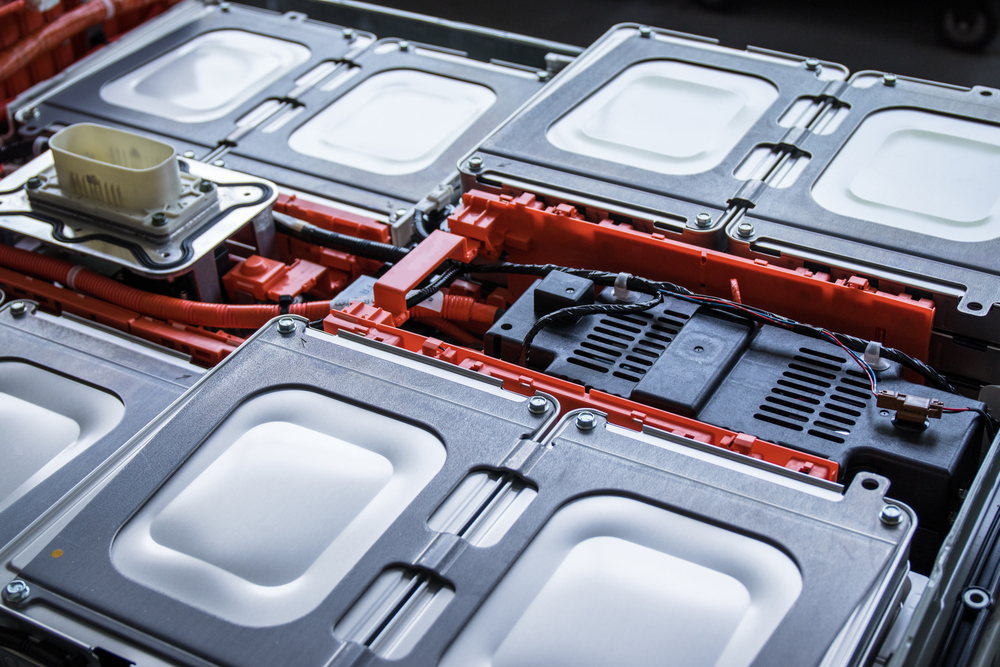
Battery safety has always been a top priority, particularly given the potential risks associated with energy storage. Recent innovations have focused on improving safety through better thermal management, stable chemical compositions, and smart monitoring systems. Solid-state batteries, which are less prone to overheating and are less flammable than traditional lithium-ion batteries, represent a significant leap forward.
Reduction in Cost
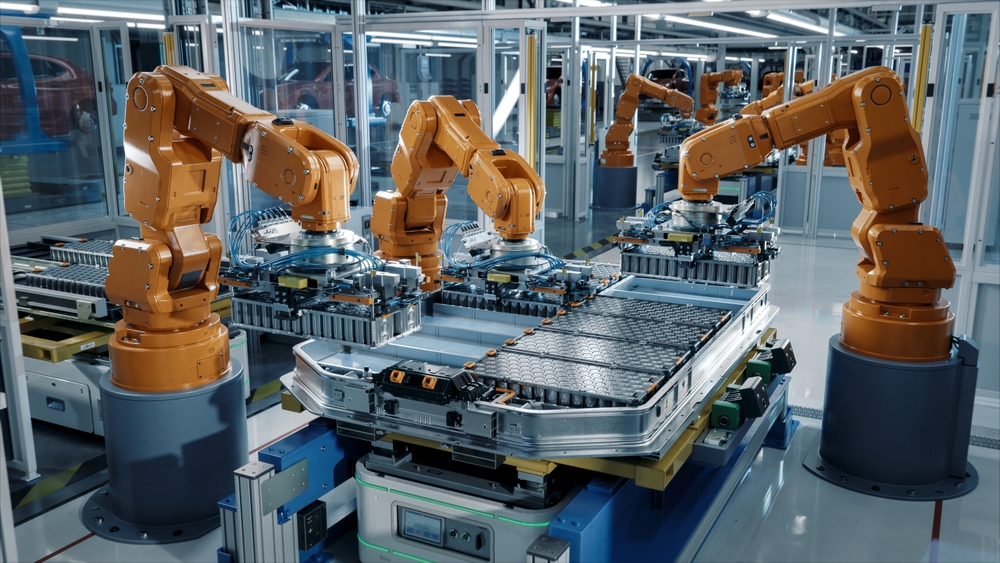
One of the primary barriers to electric vehicle adoption has been the high cost of batteries. However, continuous innovation in manufacturing processes and materials is driving these costs down. The use of more abundant materials like lithium iron phosphate (LFP) and advancements in battery chemistry are contributing to this price reduction. As battery prices fall, electric vehicles become more affordable, speeding up the transition away from fossil fuels.
Recycling and Reusability

As the number of electric vehicles increases, the importance of effective battery recycling grows. Innovations in recycling technologies are making it possible to recover valuable materials like lithium, cobalt, and nickel from used batteries. These materials can then be reused in new batteries, reducing the environmental impact of battery production.
Wireless Charging Technology
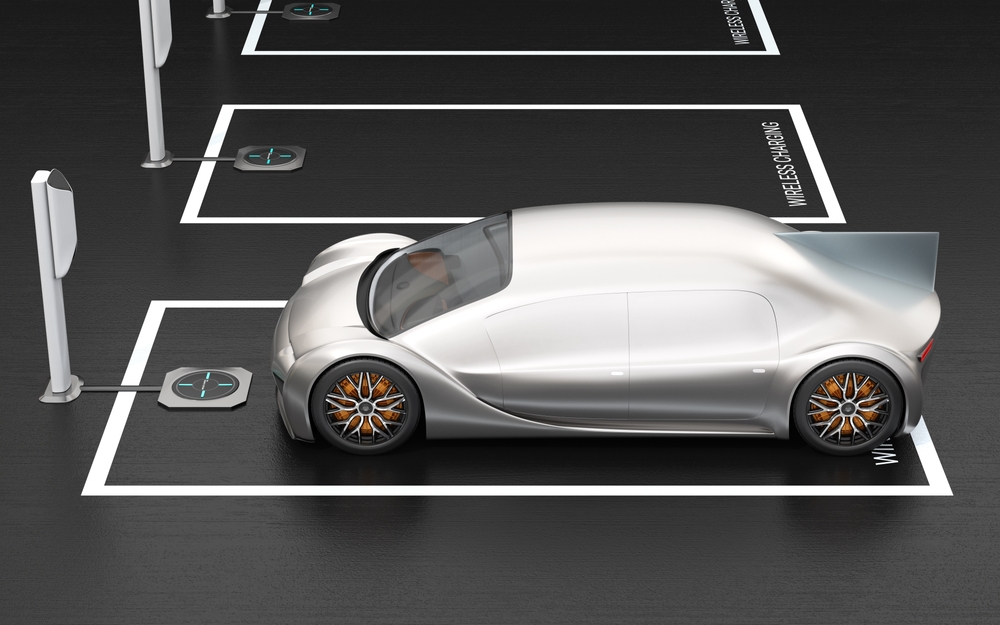
Wireless charging technology is set to make electric vehicle ownership even more convenient. Through advancements in inductive charging, vehicles can now charge without the need for physical connections, simply by parking over a charging pad. This innovation is particularly valuable in urban settings where space and efficiency are critical.
Vehicle-to-Grid (V2G) Technology
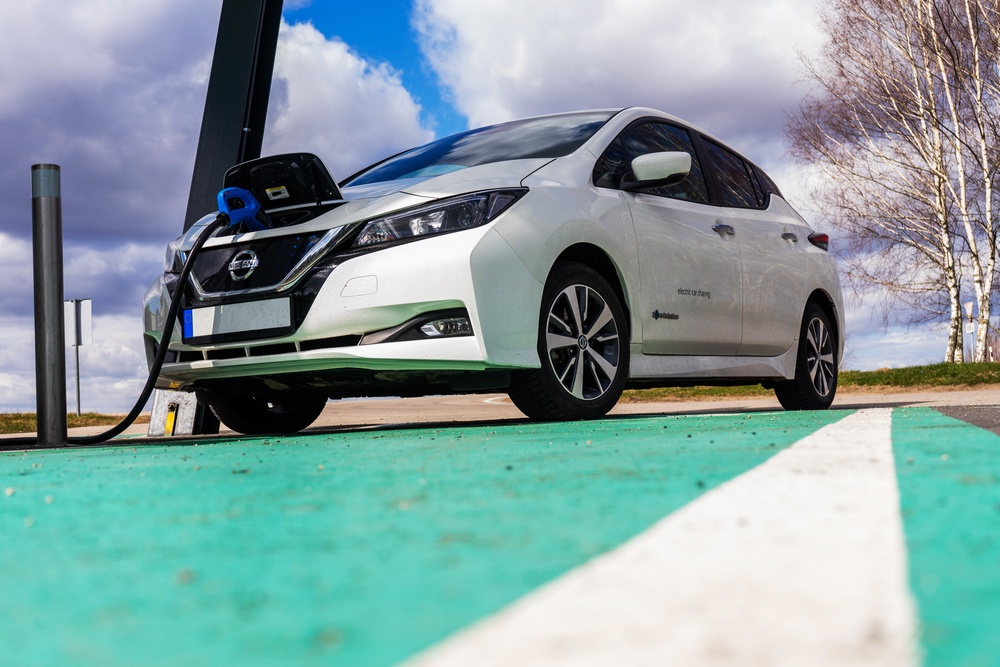
Vehicle-to-Grid (V2G) technology is a revolutionary concept that allows electric vehicles to interact with the power grid. By feeding electricity back into the grid during peak demand, EVs can help stabilize the energy supply. This technology is particularly beneficial for integrating renewable energy sources, such as solar and wind, into the grid. As more vehicles are equipped with V2G capabilities, they will play a crucial role in supporting a sustainable and balanced energy future.
Lightweight Battery Materials

The development of lightweight materials for batteries is transforming the efficiency of electric vehicles. Innovations such as carbon fiber, graphene, and advanced composites are being used to create lighter and stronger batteries. Reducing the weight of the battery decreases the vehicle’s overall energy consumption, leading to longer ranges and better performance.
Advanced Battery Management Systems (BMS)
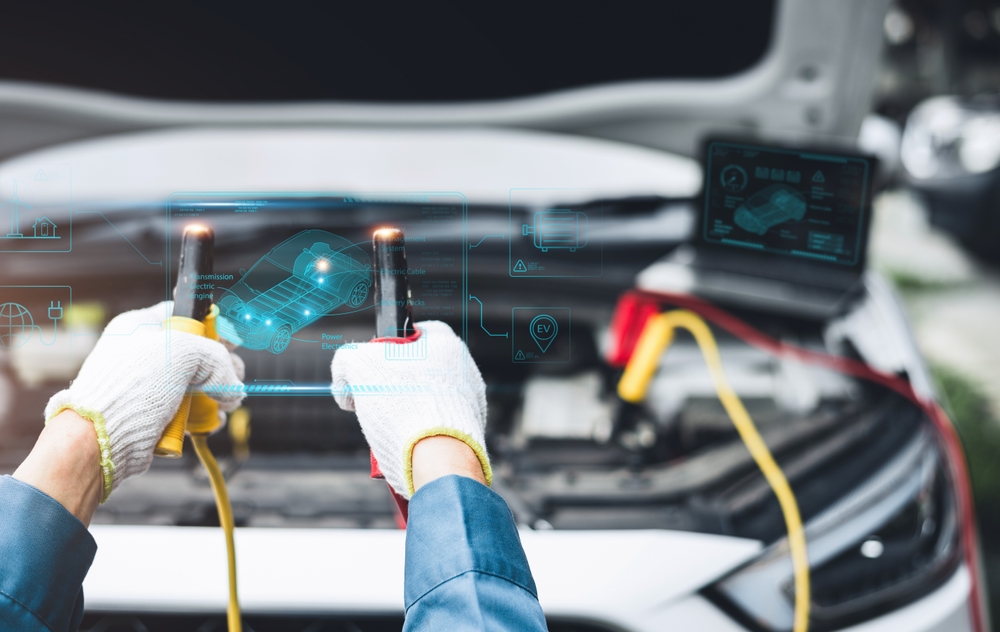
Advanced Battery Management Systems (BMS) are essential for optimizing the performance and safety of electric vehicle batteries. These systems oversee the charging and discharging processes, ensuring that each cell within the battery functions efficiently. With ongoing innovations, BMS technology is becoming more accurate, which enhances battery life, safety, and overall vehicle performance.
Solid-State Batteries

Solid-state batteries are considered the future of electric vehicle technology due to their numerous advantages. Unlike traditional lithium-ion batteries, solid-state batteries use a solid electrolyte, which provides higher energy density, faster charging times, and improved safety. These batteries are less prone to overheating and have a longer lifespan, making them a promising option for electric vehicles
Hybrid and Dual-Battery Systems

Hybrid and dual-battery systems are emerging as innovative solutions to enhance electric vehicle performance. By combining different types of batteries, such as lithium-ion and supercapacitors, these systems optimize energy storage and power delivery. This results in better acceleration, longer range, and improved efficiency. Hybrid battery systems are particularly advantageous for high-performance vehicles that require quick bursts of power, such as electric sports cars and trucks.
Modular Battery Systems
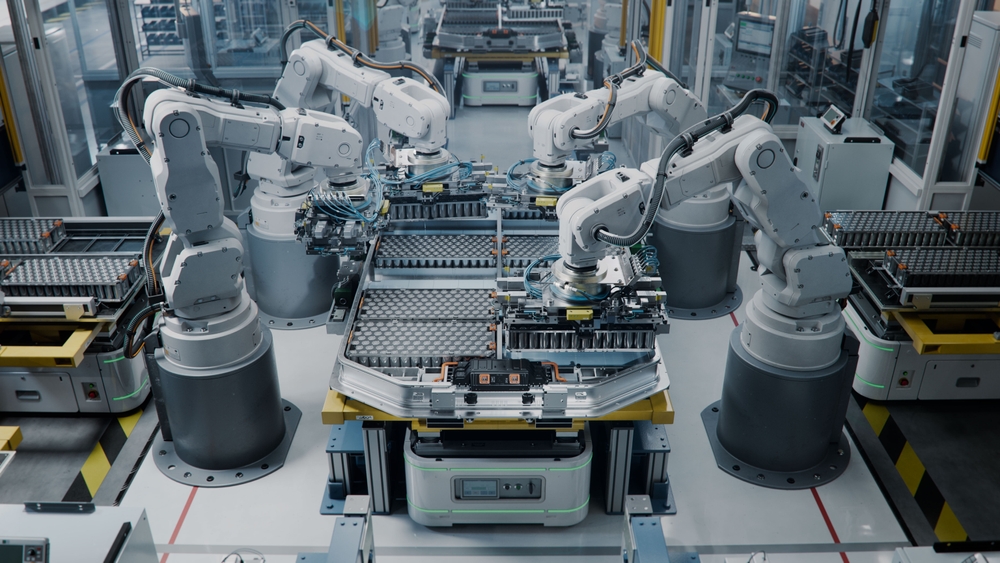
Modular battery systems are revolutionizing the design and maintenance of electric vehicles. These systems allow for easy swapping and upgrading of battery packs, which can be customized to meet different needs and applications. This flexibility is particularly valuable for commercial fleets and shared mobility services, where uptime and adaptability are key. Modular batteries also simplify repairs, as individual modules can be replaced without changing the entire battery.
Ultra-High-Capacity Batteries
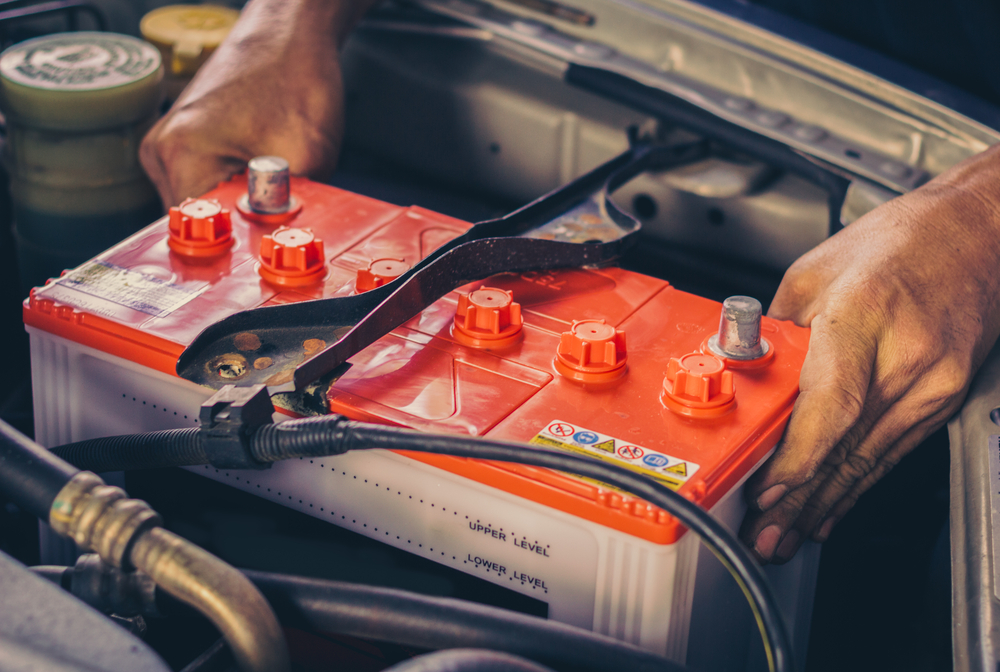
The development of ultra-high-capacity batteries is pushing the boundaries of what electric vehicles can achieve. These batteries store significantly more energy than conventional ones, enabling EVs to cover much greater distances on a single charge. Breakthroughs in battery chemistry and materials science are making these ultra-high-capacity batteries a reality. As they become more widely available, they will be crucial in eliminating range anxiety and making electric vehicles more appealing to a broader audience.
Eco-Friendly Battery Production
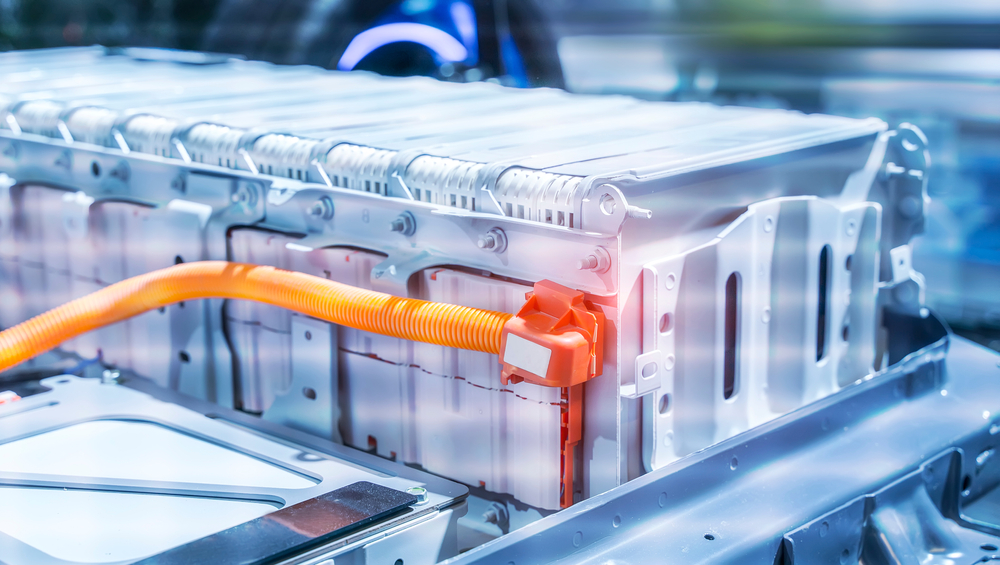
The environmental impact of battery production is a growing concern, but innovations in this area are helping to make the process more sustainable. New methods are being developed to produce batteries using fewer resources and generating less waste, while also relying on renewable energy sources. Some manufacturers are even exploring bio-based materials and greener extraction techniques for critical minerals like lithium and cobalt.
Improved Cold-Weather Performance

Cold weather has traditionally posed challenges for battery performance, but recent innovations are overcoming these obstacles. Advances in battery chemistry and thermal management systems are enabling batteries to function more efficiently in low temperatures. This is particularly important for electric vehicles in colder climates, where reduced range and slower charging times can be significant issues.
Integration with Renewable Energy
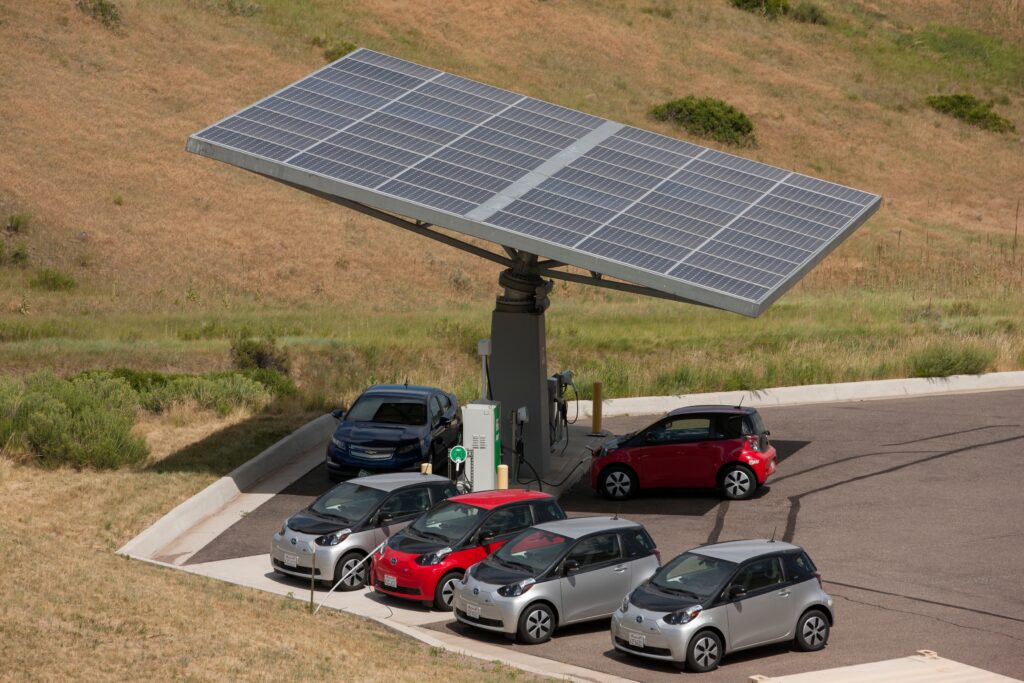
Batteries play a crucial role in the integration of renewable energy sources into the transportation sector. They are essential for storing energy generated from sources like solar and wind, allowing it to be used when needed. This is especially important for electric vehicles, which can be powered by renewable energy, further reducing their carbon footprint.
Autonomous Vehicle Compatibility

The evolution of battery technology is also critical for the development of autonomous vehicles. High-capacity batteries are necessary to power the advanced sensors and computing systems that self-driving cars require. Innovations in battery design and management are enabling longer operational times and more reliable performance for autonomous vehicles.
This article originally appeared on MyCarMakesNoise.
More from MyCarMakesNoise
20 Key Questions to Ask at the Dealership Before Buying a Car

Buying a car is a significant investment, and it’s crucial to gather as much information as possible before making a decision. To ensure you’re fully informed and confident with your purchase, here are essential questions to ask your car dealer. Read More.
20 Astonishing Facts You Didn’t Know About Classic Muscle Cars

Classic muscle cars have always captured the hearts of car enthusiasts with their powerful engines and iconic designs. These American legends aren’t just about speed and style; they have a rich history full of fascinating stories and surprising details. Read More.
15 Key Developments in Naval Aircraft Through the Years

Naval aviation has played a crucial role in military history, evolving through numerous innovations and advancements. From the first successful aircraft carrier landing to the development of cutting-edge stealth technology, these key developments have shaped the capabilities of naval forces worldwide. Read More.














